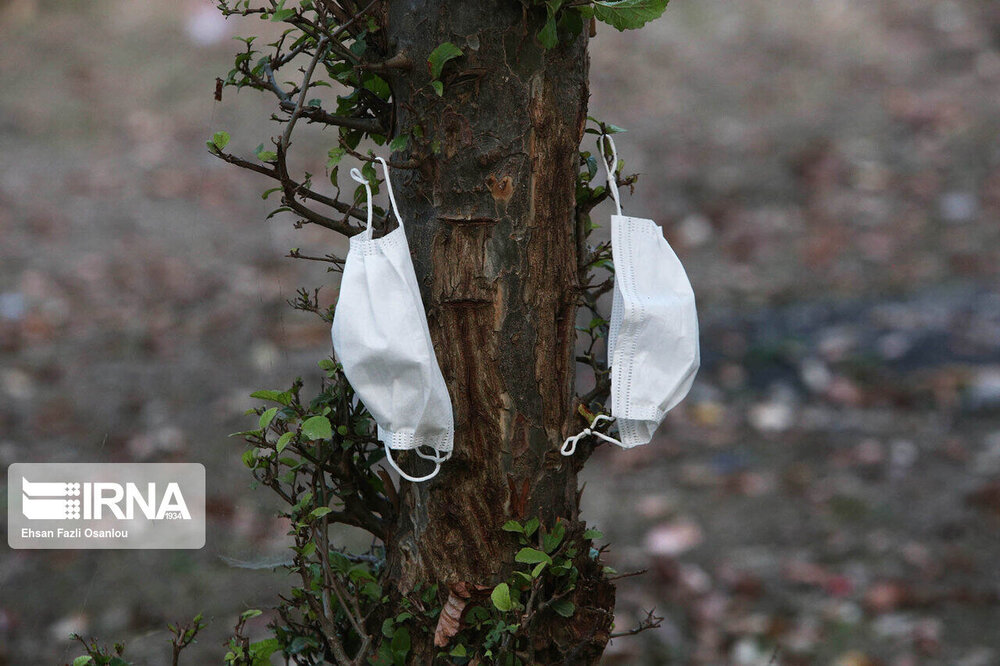Coronavirus: an opportunity or a threat to the environment?

TEHRAN – Coronavirus is a double-edged sword for the environment so that at the beginning of the epidemic, it gave new life to the environment, but over time, the situation reversed and got worse than before, as 8.6 million tons of plastic waste have been produced in the world.
It was in December 2019 that the virus emerged and took many lives so that according to the latest statistics of the Ministry of Health, the total number of deaths in Iran reached over 128,000 and more than 5 million in the world.
After many studies, the researchers came to the conclusion that the only way to prevent the spread of the virus is to keep people away from each other, so they should not travel or gather together, they should stay at home till a vaccine is developed.
The epidemic resulted in the production of 8.6 million tons of additional plastic waste, while 87.4 percent was generated by hospitals.Environmentalists were pleased with the health protocols and saw it as an opportunity for nature because nature’s ability to self-purify had long ceased with human extravagance, so with the outbreak, human lifestyles changed, though it had a negative impact on the economic sector of the countries, and a positive effect on the environment, but after a while, the situation reversed.
Thus, cessation of travel to other countries has revitalized the environment to some extent, and greenhouse gas emissions have been significantly reduced, but we must not forget that energy consumption has also increased greatly as people stay indoors.
In the meantime, one of the hygienic instructions was to wash and disinfect the hands and everything, so the consumption of detergents increased too much and more effluents entered nature, as well as plastic gloves and face masks.
Plastics dumped in nature and hospital waste were other problems caused by the epidemic, leaving seas and oceans unsafe, with scientists claiming that 25,000 tons of waste had entered the oceans, 73 percent of which are flowing in Asia.
The epidemic resulted in the production of 8.6 million tons of additional plastic waste, while 87.4 percent of the total waste was generated by hospitals.
Experts believe that the pandemic was a good opportunity to practice living properly, but it is not too late and this opportunity can be used.
If this view continues, we can hope to save the earth, otherwise, we will continue to see the extinction of plant and animal species, the accumulation of garbage, and various wastes in nature, which ultimately harms human health.
Some also believe that with the reduction of the infection, because countries have suffered economically, they will try to develop and compensate with more pressure on the environment.
FB/MG

Leave a Comment